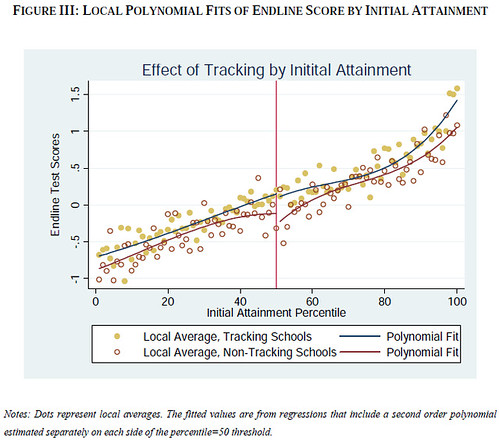Received yesterday. -jsq
 From: Karen Noll
From: Karen Noll
To: chamber@valdostachamber.com
Cc: [many other people]
Dear Mr. Gooding and Chamber of Commerce,
In response to
your most recent correspondence, I dare say many ask why the
Chamber has such a single focus on an unproven plan with little or no
supporting data. Yet again your answers to the many questions about the
reasons that the Chamber is acting in this manner are insufficient and
demonstrate quite clearly that you are steadfastly working to undermine the
very community you claim to support.
Maybe it is my academic background, but I will use data to support my
assertions and hopefully rectify some of the misinformation that has been
so disruptive to this community, a discussion of a very important issue:
the education of our children.
According to
the Chamber’s own study, education ranked
12th out of 16
factors in importance to businesses coming to our community. The
Chamber’s
own survey revealed that a low crime rate and the business friendliness of
the local agencies were most important to businesses in 2009.
Our community sadly hosts a large population of children living in poverty,
and education is the best avenue to future success. For this reason, I am
very pleased to report that our economically disadvantaged students in
Valdosta City Schools met or exceeded the expected CRCT scores for the
district last year. This is no small feat and we have some very dedicated
educators to thank for this achievement.
Furthermore, research shows that “larger district size has been shown to be
negatively associated with the achievement of impoverished
students” (
Howley, C. 1996). This means that the fantastic achievements of
our most disadvantaged students will be reversed in a larger district and
all of the hard work of VCS educators will be lost in order to create, as
you claim, “one great public school system”.
Two years ago the city school district asked Chamber members to provide
input on their Strategic Improvement Plan through an online survey. Only
5.2% of responses came from Chamber members. Valdosta City Schools
encouraged input from all stakeholders, yet these Chamber members in large
part did not respond. Now the Chamber claims to have THE solution for the
schools they had no time for when asked for feedback.
Research consistently shows that bigger does not mean better in education.
So, ‘combining our resources’ does not bring more money, better
educational outcomes, or cost savings. According to the
Lowndes County
Board of Education consolidation would put a number of teachers out of
work. That would mean fewer customers in local businesses and less tax
revenue. In other words, school consolidation would negatively impact our
local economy and its businesses.
The Chamber is acting irresponsibly toward this community and the children
served by the Valdosta City Schools. I am again appalled by the
callousness of this organization, the petty name calling and repeated
misinformation. It is crystal clear that CUEE and the Chamber are not
interested in what is best for our children.
As a positive and strong community we will rise above the bad apple that
misbehaves and move forward because it is the right thing to do, and we
will continue to model appropriate behavior to our children. At the same
time, we as a community must remember the lesson we have learned today:
‘greed can blind’. We are called to reach out to and to help those in
need. We will continue to work together as a community and work toward the
brightest future for our children.
Thank you, Mr. Gooding, for reminding us again of the path we are called to
take.
Vote No for our children!!
My best wishes to you,
Karen Noll






 So true, John. There was no meat in the whole letter. The last line sums
it up, “We BELIEVE…” yada, yada, yada. Faith based thinking might
fly in religious institutions, but in the education of our children,
we have a pretty good handle on what is needed. Deferring to those
trained and with years of experience in the education of our children,
who have brought
So true, John. There was no meat in the whole letter. The last line sums
it up, “We BELIEVE…” yada, yada, yada. Faith based thinking might
fly in religious institutions, but in the education of our children,
we have a pretty good handle on what is needed. Deferring to those
trained and with years of experience in the education of our children,
who have brought



